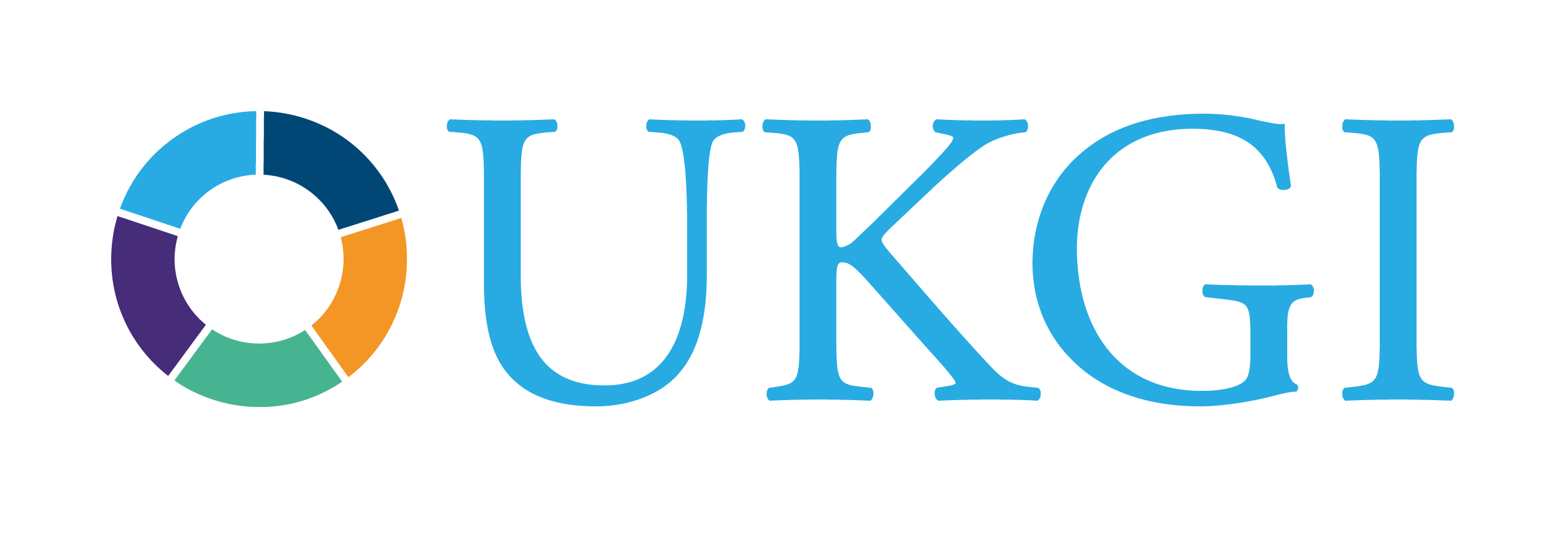“To drive real change will require a change of focus”
The FCA has set out plans for, and is consulting on a new Consumer Duty impacting authorised firms. The FCA intends that the new Duty will set clearer and higher expectations for firms’ standards of care towards customers, and higher than those required under Principle 6 (TCF). This in turn will lead to a higher level of consumer protection in retail financial markets. The FCA is consulting on introducing a new Principle (perhaps to replace Principle 6 and / or Principle 7 (communications with clients)), and has referred to the new Consumer Duty as ‘TCF Plus’.
Overall, the FCA intends its new approach to be more than a new Principle or a one-liner; it is proposing a suite of new rules and guidance.
This may have a sizeable impact on some firms, and create a certain amount of work. It follows on from the wider ‘Duty of Care’ the FCA had previously considered implementing. In the Consultation, the term ‘consumer’ is used to mean almost any customers, and ‘retail markets’ is effectively describing the markets of individuals (so, what we know as ‘consumers’, through small businesses, to SMEs). The aim of the Consumer Duty, therefore, is not just ‘consumers’ as described and defined in the Handbook.
There will be a second consultation by the end of the year, and a Policy Statement with new Rules by the end of July 2022. So, any implementation of a new Consumer Duty is some time off. Some of the proposals, however, are already in place for insurance brokers by virtue of the IDD and certain ICOBS provisions.
The Consultation sets out the three key elements seen as making up the new Consumer Duty:
The Consumer Principle
This is likely to replace the existing Principle 6 (Treating Customers Fairly) and possibly also Principle 7 (Communications with Clients); the proposed possible optional wordings involve delivering good outcomes for retail clients and acting in the best interests of retail clients.
The Cross-cutting Rules
These are proposed new rules (so not guidance) that would require firms to:
- act in good faith
- take all reasonable steps to avoid foreseeable harm to consumers
- take all reasonable steps to enable consumers to pursue their financial objectives.
The Four Outcomes
- Communication: communications which equip consumers to make effective, timely and properly informed decisions about financial products and services
- Products and Services: products and services that are specifically designed to meet the needs of consumers and sold to those whose needs they meet
- Customer Service: customer service that meets the needs of consumers, enabling them to realise the benefits of products and services and act in their interests without undue hindrance
- Price and Value: the price of products and services represents fair value for consumers.
What is the FCA looking for?
- The FCA is seeking honesty in firms’ fair and open dealings with clients. Customer-facing communications need to inform customers, and this requirement is in addition to Principle 7
- The FCA wants to see the right information given at the right time to allow customers to make the right decisions, with customer service being delivered ‘without undue hinderance’
- The FCA clarified that it sees much good work and good conduct in the market, but this new requirement addresses what is described as ‘unscrupulous firms selling poor value products’
- The FCA is not currently looking to price-cap any product, but it is determined that fair value should be achieved and price caps might be considered at some point. Firms must assess to ensure their products offer fair value
- Firms need to assess the impact of their actions – so, test and monitor whether the right outcomes are being achieved. In some circumstances, the FCA may want to see these assessments
- The FCA wants healthy, competitive and trusted financial services markets, that advance customers’ financial well-being and futures.
What is the impact for insurance brokers?
The topics covered in the Consultation cut across a good deal of existing work by the FCA, such as that on vulnerable customers, and are applicable to all firms in their dealing with retail (including small business and SME) customers. The general insurance sector is already ahead of some sectors:
- acting in the best interests of customers already exists under the IDD and ICOBS 2.5.‑1R
- the products and services outcome is already covered under the IDD and PROD
- reference is also made to the distribution chain work; the Consumer Duty will also apply to parties higher up the distribution chain who do not have contact with the end customer
- the ‘far value’ outcome is referenced in the current general insurance pricing Consultation
- in relation to customer service, barriers to claiming (such as proof of receipts or hard copy evidence in the mobile phone insurance thematic) are given as an examples of “undue hindrance”, as is making switching at renewal difficult
- the Consultation highlights the ‘loyalty penalty’ in home and motor insurance
- reference is also made to the distribution chain work.
In the coming days, UKGI will issue a summary of the Q&As from the FCA Consumer Duty Webinar.
For further details on this, or any other compliance-related topic, contact our expert team on 01925 767888, or email helpline@ukgigroup.com.

